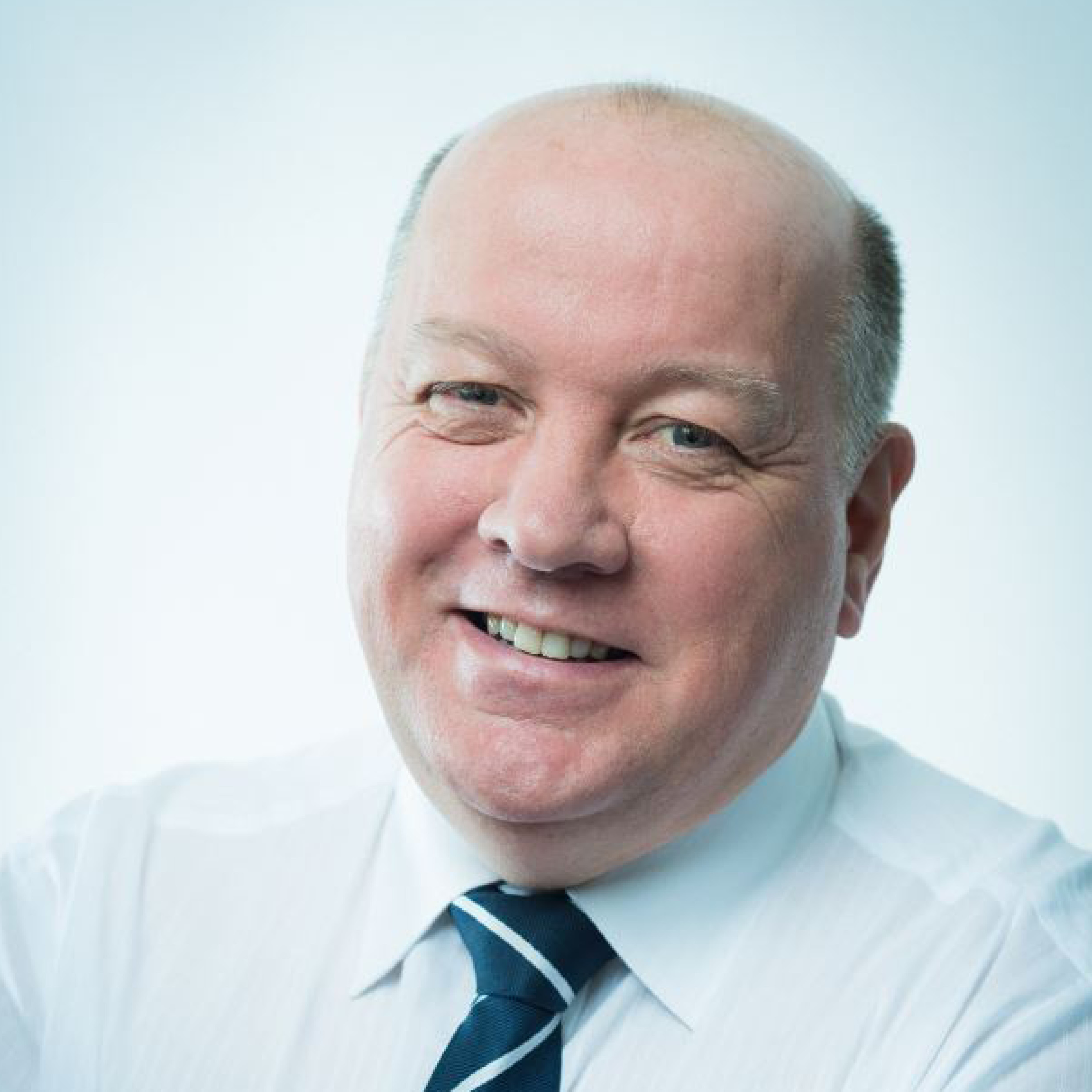July 09 2020
Martin Harris, Managing Director of Brighton & Hove Buses and Metrobus, writes for CPT about the vital role buses can play to avoid a return to high levels of congestion and pollution following the Covid-19 pandemic.
Bus users have witnessed a decade of damage as traffic congestion has slowed bus journey times by as much as 40% over the last ten years, making it substantially more expensive to provide the vital transport links that so many people rely on. Roadside emissions from traffic account for a large amount of poor air quality but very few people realise that heavy investments made by bus operators in lower emissions fleet during the last five years means that on average, only 4% of these emissions come from buses.
Following the Covid-19 pandemic as restrictions on movement continue to ease, if we are to keep the many environmental benefits such as clearer streets and improved air quality, we need to embrace all active travel modes. Bus users make up by far the largest proportion of active travellers and on average they also walk for 24 minutes every day. Walking and cycling where possible are also important but as the lockdown summer begins to fade, and our more unpredictable weather strengthens it’s grip, buses will have an increasingly vital role to play in moving the masses if we are to avoid a return to high levels of congestion and pollution.
Increasingly this will mean buses not just being low emission but switching to zero emission and this should be by using clean renewable hydrogen or electric power. At Brighton & Hove Buses and Metrobus we have an ambitious aim to be ‘zero emission by 2030’ across the region but it will be pointless if we spend twice the price on these clean buses, only to sit still in queues of private motor cars which represent such a poor use of precious road space, regardless of whether they run on petrol, diesel or batteries. That will make bus services even less sustainable and provide absolutely no incentive for motorists to change their habits. Our zero emission ambitions need to be matched by equally as ambitious superbus priority measures that reverse the decade of damage in journey speeds, providing rapid bus journeys from end to end, giving motorists a real choice to make a change that actually improves their travel options whilst slashing a far higher proportion of roadside emissions.
But the economic, environmental and social benefits do not need to stop there, by bus operators strengthening their partnerships with the public sector in this way, we can share our fleet scale and buying power to act as a powerful enabling force to slash the cost of shared zero emission refuelling infrastructure. Not only enabling bus operators and public sector fleets to go green but could also providing refuelling for other commercial fleet such as heavy goods vehicles and logistics providers.
Decarbonisation on a much larger scale, partnership working on steroids, levelling up and cleaner communities for all!
Keep up to date with the latest news from Martin, Brighton & Hove Buses and Metrobus on Twitter.
Brighton & Hove Buses: @BrightonHoveBus
Metrobus: @METROBUS
Martin Harris: @citybusnews
